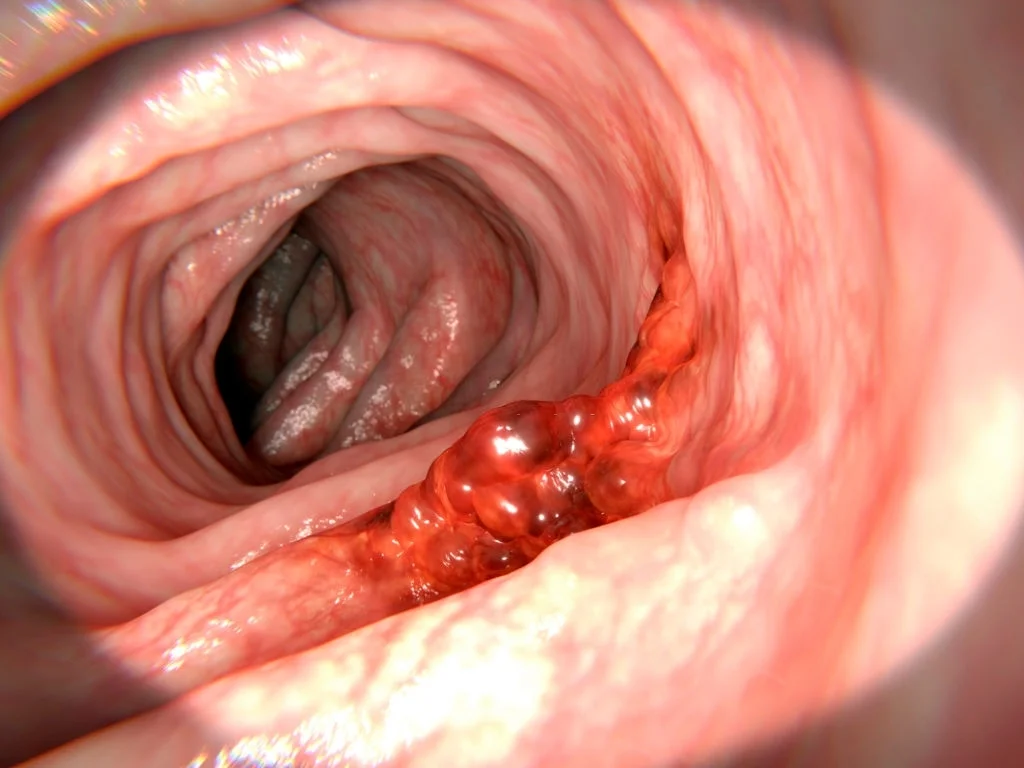Antibiotic use has been linked to an elevated incidence of colon cancer in the next 5 to ten years. Following a review of 40,000 cancer cases, experts from Ume University confirmed this. Antibiotics’ effect on intestinal flora is assumed to be the cause of the elevated cancer incidence.
Medications Are Linked to An Increased Incidence Of Colon Cancer
Scientists discovered that males and females who got antibiotics for more than 6 months had a 17 percent higher chance of getting cancers in the transverse colon, which is the initial region of the large intestine to be touched by food following the small bowel.

This is a red signal for those who go for antibiotics on their own and without consultation with a qualified doctor. Overconsumption of this medicine can have a severe impact on the colon that may turn to be colon cancer also over a period. Hence it is never recommended to go for such drugs unless it is necessary and prescribed by an expert.
This is particularly applicable to those who go for frequent use said one of the experts. The team of experts has checked a variety of samples in almost all the regions for this survey. Nevertheless, no higher risk of malignancy in the descent colon is discovered. Males using antibiotics had no higher risk of advanced disease, whereas women who take antibiotics had a significantly lowered chance of rectal cancer.
“The results underline the fact that there are many reasons to be restrictive with antibiotics. While in many cases antibiotic therapy is necessary and saves lives, in the event of less serious ailments that can be expected to heal anyway, caution should be exercised. Above all to prevent bacteria from developing resistance but, as this study shows, also because antibiotics may increase the risk of future colon cancer,” explains Sophia Harlid, a cancer researcher at Umeå University.
The current research draws on information from the Colorectal Cancer Registry, which included 40,000 individuals between 2010 and 2016. Those were contrasted to a control sample of 200,000 cancer-free people chosen from the general Swedish population. The Swedish Prescription Drug Registry is used to collect information on the persons’ antimicrobial usage from 2005 to 2016. The findings of the Swedish study essentially match those of a previous, shorter British investigation.
To better grasp why medicines raise the danger, the scientists looked at a non-antibiotic bactericidal medication that is employed to treat bladder infections but has no effect on the microbiota. There’s no change in the rate of colon cancer among individuals who took this medicine, implying that antibiotics’ effect on the microbiota is what raises the chance of cancer. Whereas the research only looked at orally delivered medicines, even injectable medicines can have an impact on gut flora.
5 to 10 years following taking meds, a significant rise in the incidence of colon cancer might be observed. While individuals who used the fewest medicines had the biggest rise in hazard, it also was feasible to see a tiny, but inferential statistics significance, rise in cancer incidence following one round of antibiotics.
“There is absolutely no cause for alarm simply because you have taken antibiotics. The increase in risk is moderate and the effect on the absolute risk to the individual is fairly small. Sweden is also in the process of introducing routine screening for colorectal cancer. Like any other screening program, it is important to take part so that any cancer can be detected early or even prevented, as cancer precursors can sometimes be removed,” says Harlid.
The study was released in JNCI: Journal of the National Cancer Institute.